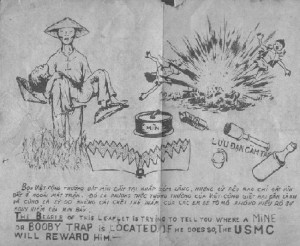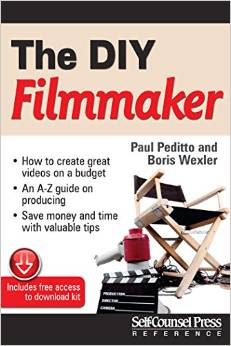Being Professor Pauly, I see a lot of student films. The filmmakers change but, even as some succeed because of vision and originality, others die the death in absolutely painful fashion, because the makers of these films fell victim to a few booby traps that you’d think would be easy to avoid, yet can blow up your film faster than a Columbia freshman.
- TRYING TO BE TARANTINO WITHOUT TARANTINO MONEY
I often read Tarantino-style scripts. These are filled with extensive action sequences involving gun play, car chases, foot chases, martial arts fight choreography, special blood and makeup needs, or SPX. I ask the filmmaker what the budget is, which is a ridiculous question, because both of us know it’s a student film, meaning zero dollar budget. I groan. Do they feel optimistic about being able to attain Tarantino-style effects with no money? I’ll then hear how they’re aware of the dangers and have devised a shot list that will be both innovative and fun at the same time. They feel confident they can pull it off for dollar zero. Some weeks later I’ll inevitably here about some technical snafu, the inevitable, unforeseen fuckup that sabotaged their plan. When the film screens, well, it’s not Tarantino. How could it be? If you don’t have the resources to be Tarantino– Robert Rodriguez– John Woo- Tony Scott…why would you try to be? Ambition is great but sometimes it pays to be a bit more pragmatic. If all you’ve got is student film money, don’t try to make PULP FICTION. What you end up when you screen it might not be pretty. I believe the term is inappropriate laughter.
- CASTING ROOMMATES AND CLASSMATES
I know, if you’re not in film school you won’t actually be class mates. This is merely to re-state the absolutely essential process of casting. How often have excellent Columbia screenplays been shot down because they couldn’t find a decent actor in their 50’s. Or had to pick an actor because he was one of only three people who auditioned and they were all bad. Maybe nobody showed up for the audition at all or the actors bailed the night before shooting. Lights-camera-action! It’s your roommate in front of the camera because there was literally no other choice.
Nothing kills a movie as fast as actor playing a cop, a lawyer, a whale hunter, whatever…and we, the audience, don’t buy them as that person. There’s no recovering from it. Suspension of disbelief? Sure, ok, but I’m not Houdini! If you’re making your script, put more than adequate time into casting. Find an ambitious casting agent who might want to get a producing credit and attach themselves to your project. That how my brother got Calista Flockhart for JANE DOE, and Paul Dano for his LIGHT AND THE SUFFERER. If it’s micro-budget, find the money for SAG Minimum for your lead actors, get strong people.
- CREW ROLES ASSIGNED TO RELIABLE PEOPLE
Probably the #1 reason for artistic shipwreck at Columbia. You think you’re collaborating with someone reliable, someone solid, but you’re not. And you don’t find out until too late. People will let you down in the professional world too, but there there are reputations at stake there, when you’re actually PAYING people. You know the reputation of this DP, of that editor. You can look at a hundred reels if you like, interview extensively, IF you’re paying. Unfortunately, in the micro-budget and student realm, you rarely have that luxury. If you’re not paying your crew you’re often at the mercy of chance. They could flake out and there’s not much to be done about it. If you’re not paying your editor and weeks are going by waiting on the rough cut, what can you do? How hard can you lean on someone you’re not paying? Control what you can control. That means– as I just wrote in a recent post about the Writer’s Prenuptual agreement— roles need to be assigned, expectations clear, contracts signed. Even then, you’ll need to have some luck finding solid people you’ll want to work with more than once.
For JANE DOE I was a first-time director who needed a strong A.D. to guide me along. I had four of them in 18 days! People left for better paying gigs, bailed when we extended shooting past 12-hours a day once too often. It was a carnival and I didn’t blame them for fleeing the sinking sink. Still, if we had picked one A.D. who stuck it out through the process, perhaps the ship wouldn’t have sunk as fast, or at all. Crew up well. Understand their expectations of you. On your end, give them realistic scheduling and budgeting expectations for what you’re expecting of them in terms of time and $$$ compensation.
- GREAT TITLE SEQUENCES, BAD MOVIES
How is it I so often see a sizzling title sequence that gets the juices flowing, followed by a middling and mundane experience of the movie itself. Strange phenomenon that happens more often that you’d expect. Screw the great titles until you nail down the great movie.
Professor Pauly has spoken!






